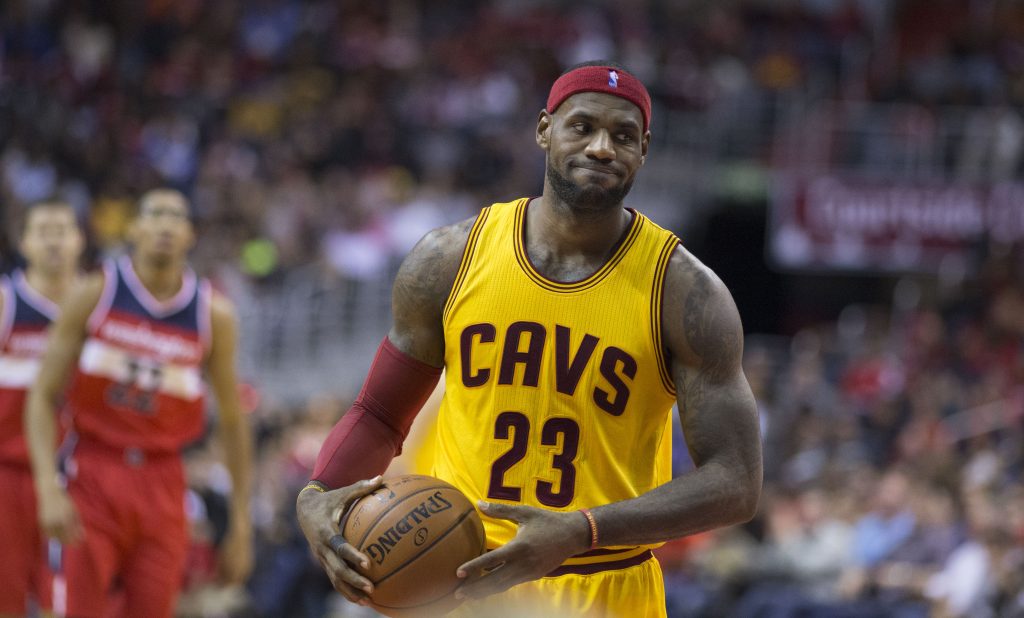
LeBron James is a name that resonates across generations of basketball fans, synonymous with dominance, versatility, and longevity. Over two decades, LeBron has redefined what it means to evolve in the NBA, adapting his game to maintain his spot as one of the league’s premier players.
Early Years: The Athletic Powerhouse
When LeBron entered the NBA in 2003 as an 18-year-old prodigy, his game was centered around raw athleticism. Standing 6’9” and weighing 250 pounds, his combination of speed, strength, and agility was virtually unprecedented. Early in his career, LeBron’s primary weapon was his ability to attack the rim. He scored in transition, bulldozing through defenses with a mix of brute force and finesse. His ability to finish above the rim made him a nightly highlight reel.However, critics questioned his shooting and decision-making, often pointing to his inconsistent jumper and occasional turnovers as areas for improvement.
Prime Years: The Complete Players
As LeBron entered his prime during his Miami Heat tenure (2010–2014), his game underwent a significant transformation. Working with the Heat coaching staff and teammates like Dwyane Wade and Chris Bosh, LeBron sharpened his basketball IQ. He developed a reliable mid-range jumper and improved his three-point shooting.Defensively, he became a force to be reckoned with, often guarding the opposing team’s best player, from point guards to centers. His ability to read the game and make pinpoint passes earned him comparisons to Magic Johnson. By the time he won back-to-back MVPs in 2012 and 2013, LeBron was widely regarded as the most complete player in the league.
The Cleveland Return: Mastering the Mental Game
LeBron’s return to Cleveland in 2014 marked another shift in his game. Now in his late 20s and early 30s, he began conserving energy during the regular season, focusing on strategic bursts of dominance. His shooting, particularly from deep, became more consistent.In the 2016 NBA Finals, LeBron showcased his full arsenal, leading the Cavaliers to their first championship by overcoming a 3-1 deficit against the Golden State Warriors. His iconic chase-down block in Game 7 and leadership throughout the series cemented his legacy.
Late Career: The Strategic Maestro
Since joining the Los Angeles Lakers in 2018, LeBron has adapted his game further to counter the effects of aging. While still capable of high-flying dunks and explosive plays, he now relies more on his basketball IQ than his athleticism.LeBron’s transition to point guard in the 2019-2020 season highlighted his ability to reinvent himself. Leading the league in assists (10.2 per game), he guided the Lakers to a championship in 2020. His ability to control the tempo, manipulate defenses, and involve his teammates has been unparalleled.Additionally, his shooting range has expanded, with LeBron confidently taking and making shots from beyond 30 feet. His ability to adapt to the modern NBA’s emphasis on spacing and three-point shooting has allowed him to remain effective.
The Legacy of Adaptability
LeBron James’ evolution is a testament to his work ethic, intelligence, and unparalleled skill set. Few players in NBA history have demonstrated such a capacity to adapt and thrive in different eras and roles. From a ferocious slasher to a savvy playmaker and lethal shooter, LeBron’s ability to evolve has not only prolonged his career but also solidified his place as one of the greatest players of all time.As he continues to defy Father Time, the question is no longer about what LeBron can do—it’s about what he’ll master next.
